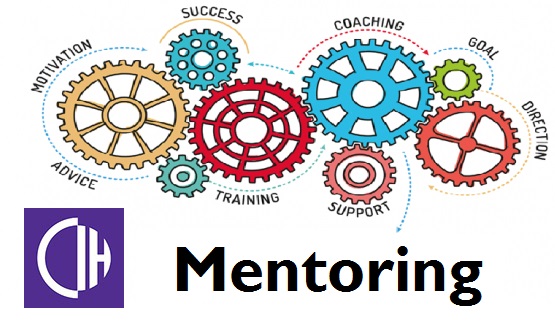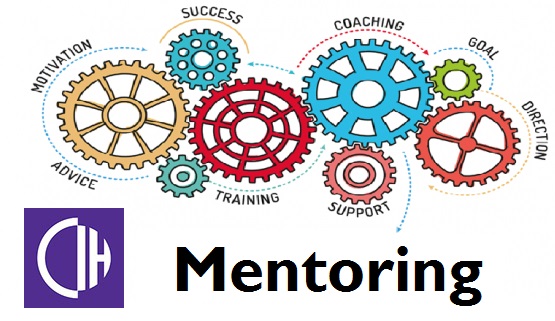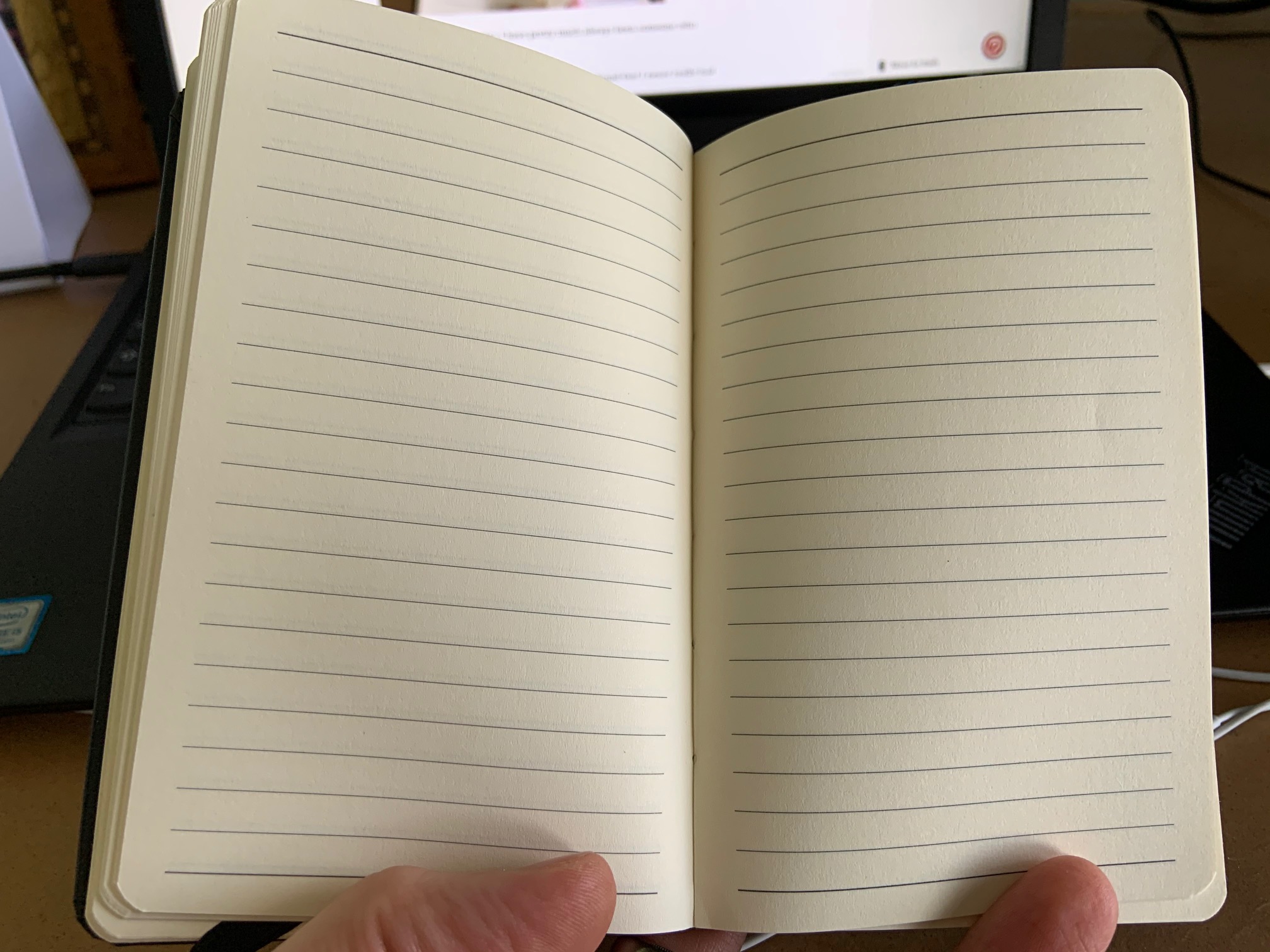As some of my longer term blog readers will know, I have been writing a blog for some time now (10+ years).
I find writing a blog both cathartic and a challenge. Initially I just wanted to take on the challenge and see if I could actually write a blog that would be of interest to anyone. I quickly realised that I had something to say and that people found interesting, so I just kept at it.
One question I have heard over the years from fellow blog writers is whether there is any benefit to publishing blog posts to the public? In one way, the challenge of writing a blog post could easily be met just by writing but never publishing a post, but for me I like to see how a blog post lands with the audience. However it is difficult to know sometimes whether a blog post has been ‘successful’ (by whatever metrics you want to use) and I know of many first time blog writers who get disheartened by the apparent lack of interaction early on.
“There’s a difference between interaction and being heard.”
Over my years of blog writing I have learnt that there is a difference between interaction and being heard. I have often thought after publishing a blog that there was little or no interaction; no ‘likes’, comments or shares. But then a chance conversation with someone will show me that the blog has been read and at least to some degree has had some influence on someone. Even just a ‘I read your blog the other day’ or even a ‘what you said made me think’ comment. I guess it depends on whether the success metric is ‘someone read it’ or ‘X number of someone’s read it’.
Of course, I have also found that there is a healthy dose of luck that goes along with a blog posts success. Sometimes I will write what I feel is a really good post, for it to just not seem to land very well with the audience. Conversely, some of my more rushed blog posts have turned out to be my most successful.
“Work out what your metrics of success are.”
So my advice to anyone thinking of writing a blog is, work out what your metrics of success are. Is it about the number of times your post has been read, the number of comments it has received or the number of likes it has had? Or is it more about the quality of the blog post content itself? And just remember, you will probably be amazed by just how many people have read and dare I say it…….listened to your blog post.



















